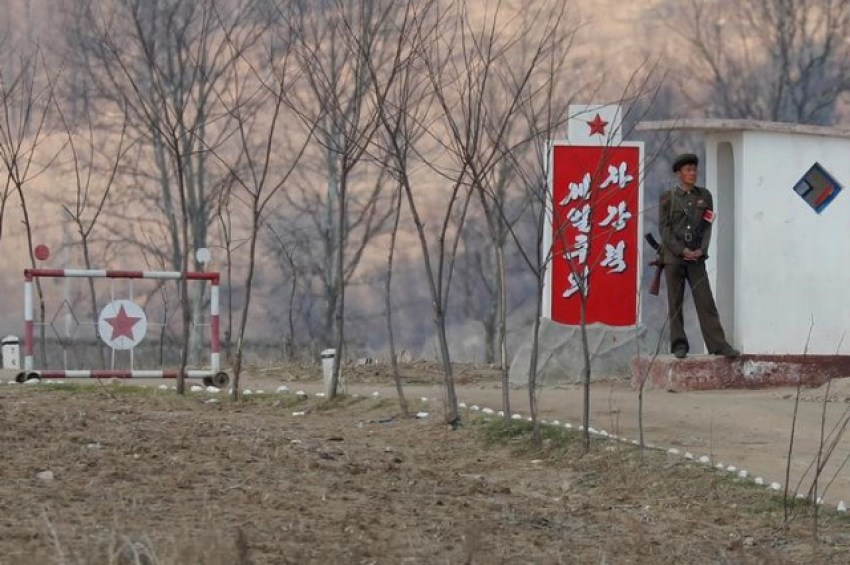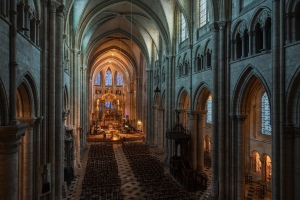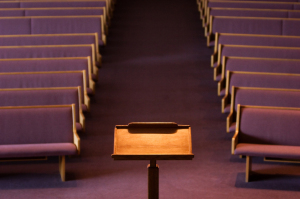North Korean regime forces citizens to work 80-day labor campaign under harsh conditions

North Korea’s regime is forcing its citizens to work extra hours for the state in what it's calling an "80-day battle," purportedly to increase production in farming, mining, factories and to rebuild structures destroyed in a typhoon that hit the country’s eastern region in September.
The Associated Press reported earlier this month that the current campaign, which began in October, is "believed to be the 13th of its kind since North Korea’s foundation in 1948, and the third since Kim Jong Un took power in late 2011."
These so-called “battles,” in which the Kim regime forces North Koreans to work extra hours on government goals, are common in the country, executive director of the Committee for Human Rights in North Korea, Greg Scarlatoiu, told The Christian Post.
“They call it a battle. [It] really is a public mobilization campaign. North Korea’s economy is very awkward. Their approach to doing more is to simply throw in more input, the input being labor,” he said. “There are groups reporting that children get mobilized to work on railway construction.”
Scarlatoiu, who grew up in Communist Romania, said he's worked on similar campaigns as a child. Forced labor demands conformity and obedience to the state. North Koreans pattern them after the Soviet Union’s forced labor Stakhanovite campaigns.
One summer, Scarlatoiu and his classmates were sent to pick grapes in a vineyard, he said. When he fell behind in his work, teachers forced him to carry buckets of grapes alone as the rest of the class watched and grew angry at him for delaying their ability to leave.
“From my first year of middle school until 17, I worked every year in agriculture with other children. We brought our own food from home, we brought our own water from home. And the teachers acted as managers and supervisors,” he said. “Our parents and grandparents were absolutely fuming.”
Because North Korea is even poorer than former communist Romania, the regime usually provides nothing for these labor projects except goals, Scarlatoiu said. People working on these labor battles must provide their own food, water and transportation to work sites.
The AP noted that often there smaller scale productivity campaigns, such as “rice planting battles,” “fertilizer battles,” “weed-scraping battles” and “kimchi-making battles.”
“I can’t count how many times I was mobilized for ‘battles.’ We did ‘battles’ every day,” said Heo Young Chul, a North Korean defector, in an interview with the AP. “I think I was mobilized hundreds of times, not dozens of times.”
Kang Mi-Jin, another North Korean defector who's now a reporter for the Daily NK, told the AP that in the 1980s she was ordered to go to a mountain to "excavate a tunnel for highway construction during two consecutive '200-day battles.'"
She recalled that when she worked as head of a lower-level association of ordinary women in the northern town of Paekam during a “100-day battle” in 2005, "women bribed her with shoes, clothes and meat to get out of work like building an outdoor swimming pool and a stone embankment."
Currently, daily low temperatures in North Korea reach 20 degrees Fahrenheit, according to Apple’s Dark Sky weather app. North Koreans must find time for the work between their ordinary jobs, mandated Communist Party meetings, and ideological training sessions.
“North Koreans are very busy people,” Scarlatoiu stressed.
Officials are required to meet the goals of the government project, he said. If they don’t, they lie and say they have met and exceeded the goals. The punishment for failure to meet the goals varies from death to verbal rebuke, he added.
The current battle, according to the AP, in being conducted in advance of the Workers Party congress in January 2021, which was last held four years ago, and aims to display the country's "fiery enthusiasm and brilliant achievements," according to North Korea’s main Rodong Sinmun newspaper.
But Scarlatoiu said the campaign’s likely purpose is to counteract economic downturns caused by COVID-19, adding that campaigns like these keep North Koreans too exhausted and busy to think, he said.
No one knows how many people have COVID-19 in North Korea, Scarlatoiu continued. The country has closed its borders, refusing to allow in people or goods. The regime urges hungry and overworked North Koreans to sacrifice their time to the so-called battle for the greater good, he said. Furthermore, after 70 years of communist Workers Party rule, people are so broken-spirited that slavery on government projects feels normal.
“It is all for the greater good ... which equals the greater good of the supreme leader. It is their patriotic duty to do these things. It is not discussed,” he said.



























